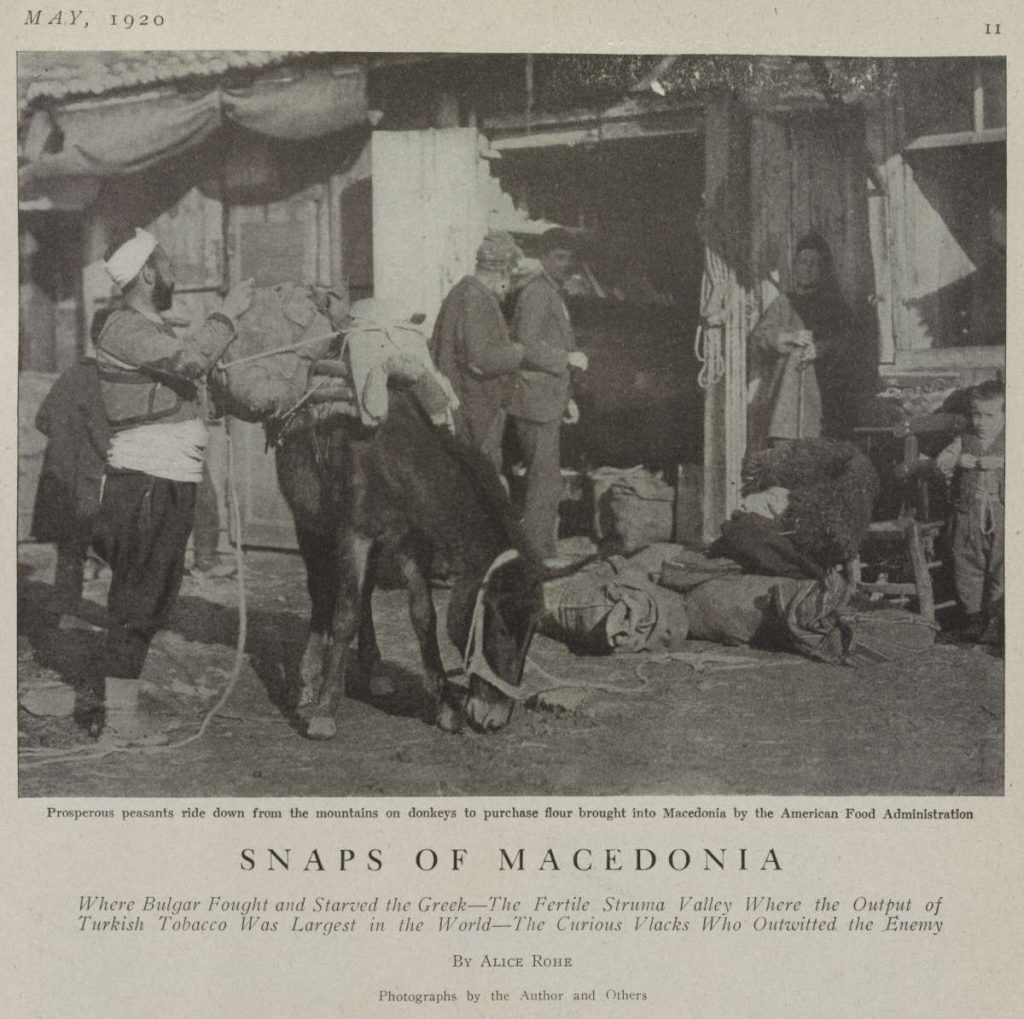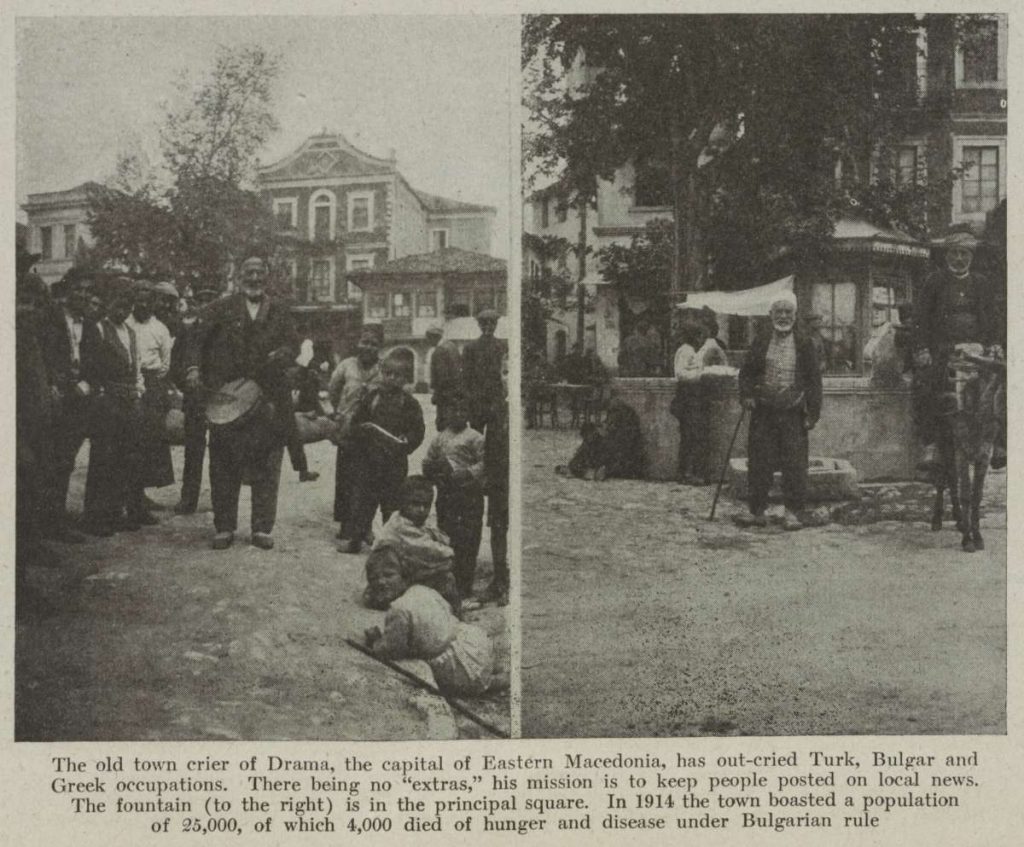Alice Rohe (January 15, 1876 – April 7, 1957) was an American author and journalist. She became a newspaper writer in the 1890s and after joined Theta Sigma Phi, the first American journalism association for women in communications. During World War I, Rohe works as the first female overseas bureau chief for a major American press service in Rome.
Alice Rohe was born January 15, 1876, in Lawrence, Kansas, United States. She was the daughter of Adam and Alice Park Rohe and the elder of the two surviving Rohe children. Her sister was named Margaret, and her father was a sketch artist during the Civil War.
From 1892 to 1896, Rohe attended the University of Kansas. June 1895, she served as a founding editor of the school’s weekly newspaper. She also became a member of the women’s fraternity Pi Beta Phi.
During the first World War she reported from Italy for the United Press. She wrote about the principality of “San Marino” who served as one of America’s smallest ally. She was arrested for spying twice but each time she was released. A later comment by George Creel described her as a “volunteer” which implies that she may have been serving as a spy.
In 1935, Rohe returned to the United States. Until her death she was living with her sister’s family in New York when she died on April 7, 1957. She bequeathed her collected Etruscan objects to the University of Kansas.
At the end of World War I, Rohe participated in The Balkan Survey as a member of the Red Cross Publicity Department, writing about delivery of aid in Greece, Macedonia, Rumania and Constantinople and speaking admiringly of evidence of feminism and women’s strength of character.
Some of Rohe’s post-war articles continued to mine her war experiences. In 1920, she published “Snaps of Macedonia” in Travel, illustrated with her own and others’ photos. She described the exhaustion that people of all ages felt in this area that had been traversed by conquerors since the Roman Empire. She mentioned the town crier who called out the news in a town where there was no newspaper and pointed out that when the town widows “passed in a black ribbon-like file where their husbands had been hanged by the Bulgars, the women did not stop to listen–news no longer has interest for them.”
Information taken from:

